In the world of football, certain players define their era. They transcend positions and become the embodiment of versatility and excellence. One such player is Clarence Seedorf, a name that, while perhaps not as universally recognized as Zidane or Pirlo, remains synonymous with unparalleled brilliance. Seedorf is the only footballer in history to lift the Champions League trophy with three clubs. Yet, his story is one of understated greatness, a tale of a midfielder who could do it all.
This long-standing debate, spanning over a decade, has focused on three of the most influential English midfielders in the English Premier League during the 1990s and 2000s: Steven Gerrard, Frank Lampard, and Paul Scholes. Each player spent the majority of their career at a single club, with the added intrigue that these clubs were rivals. All three consistently played in central midfield positions throughout their careers. Now, it is time to decisively determine which of these three football legends truly stands out as the best, backed by compelling evidence.
1. In-Game Stats
2. Technical Ability and Game Intelligence
3. Leadership and Influence
4. Individual Awards
5. Team Awards
6. Longevity
Paul Scholes
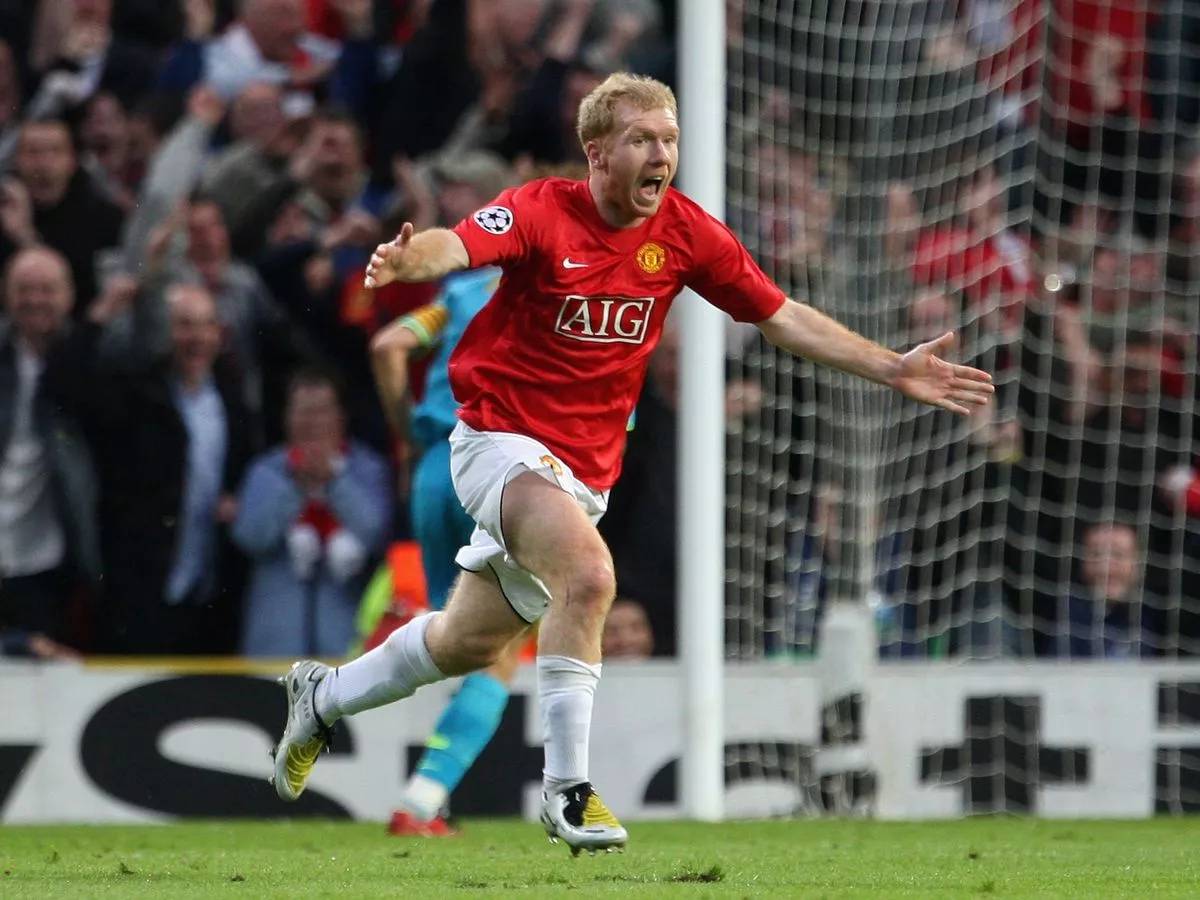
Scholes was highly regarded for his technical skills and renowned for his accurate passing, intelligent movement, and powerful shooting from long range.
Though he played mostly as a striker in his youth and early professional career, Scholes matured into a well-rounded, tenacious, and versatile playmaker capable of playing in any midfield position, often alternating between defensive, offensive, wide, and playmaking roles due to his stamina, vision, work rate, and positional sense.
Steven Gerrard
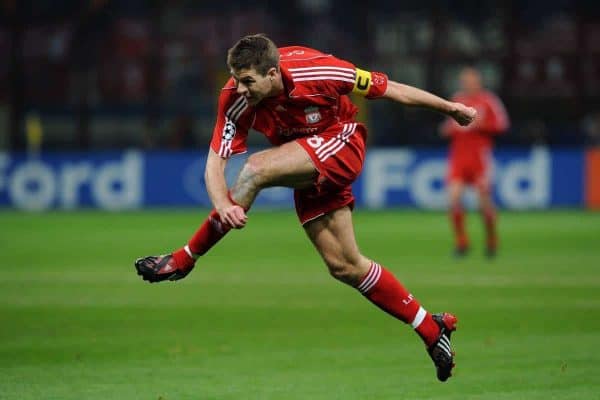
Frank Lampard
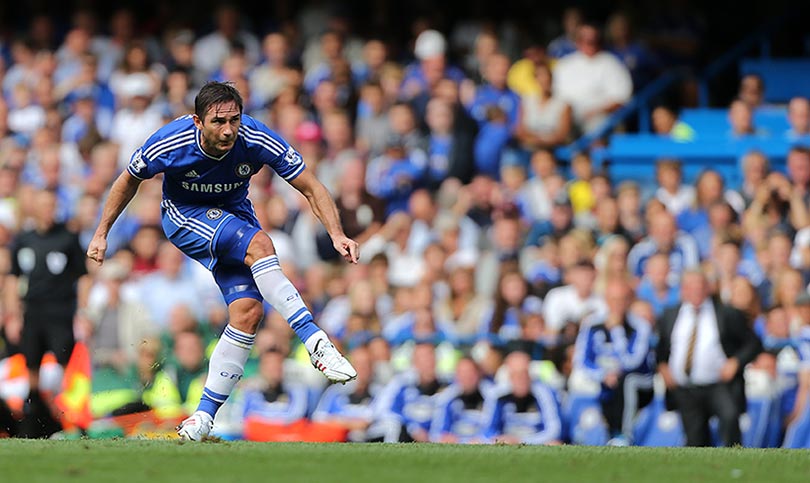
1. In-Game Stats
ii) Frank Lampard: Goals: 268, Assists: 171, G/A: 439
iii) Steven Gerrard: Goals:191, Assists: 169, G/A: 360
2. Technical Ability and In-Game Intelligence
Scholes' tactical intelligence, positional awareness, and decision-making were exceptional, earning him a rating of 9/10 in this regard. His technical proficiency and footballing acumen were highly regarded, with La Masia using his tapes to develop players like Iniesta, Messi, and Xavi. In the 2012 season, Scholes achieved a remarkable average of 9.9 accurate long balls and a 92.5% passing accuracy rate, a testament to his ability to execute precise long-range passes consistently.
Winner: Paul Scholes (Scholes 1, Lampard 1, Gerrard 0)
3. Leadership and Influence
Winner: Steven Gerrard (Scholes 1, Lampard 1, Gerrard 1)
4. Individual Awards
Winner: Frank Lampard (Scholes 1, Lampard 2, Gerrard 1)
5. Team Awards
i) Scholes: 11 EPL, 3 FA Cups, 2 UCLs, 1 Club World Cup.
ii) Lampard: 3 EPL, 4 FA Cups, 1 UCL
iii) Gerrard: 0 EPL, 3 FA Cups, 1 UCL
Winner: Paul Scholes (Scholes 2, Lampard 2, Gerrard 1)
6. Longevity
Paul Scholes played in the English Premier League (EPL) for Manchester United for a total of 19 years. He made his debut in 1994 and retired in the 2013 season at the age of 38 years.
Frank Lampard played in the English Premier League (EPL) for 19 years. He debuted in the EPL with West Ham United in 1996, and in 2015 he left the EPL to ply his trade in the USA for another year after being deemed surplus to requirements by Manchester City.
Steven Gerrard played in the English Premier League (EPL) for 17 years. He spent his entire EPL career with Liverpool, making his debut in 1998 and leaving Liverpool in 2015 to play in the USA when he was also deemed surplus to requirements by Liverpool.
Winner: Scholes and Lampard both had equally long careers in top-level football, with both players playing for 19 years in the EPL (Scholes 2.5, Lampard 2.5, Gerrard 1)

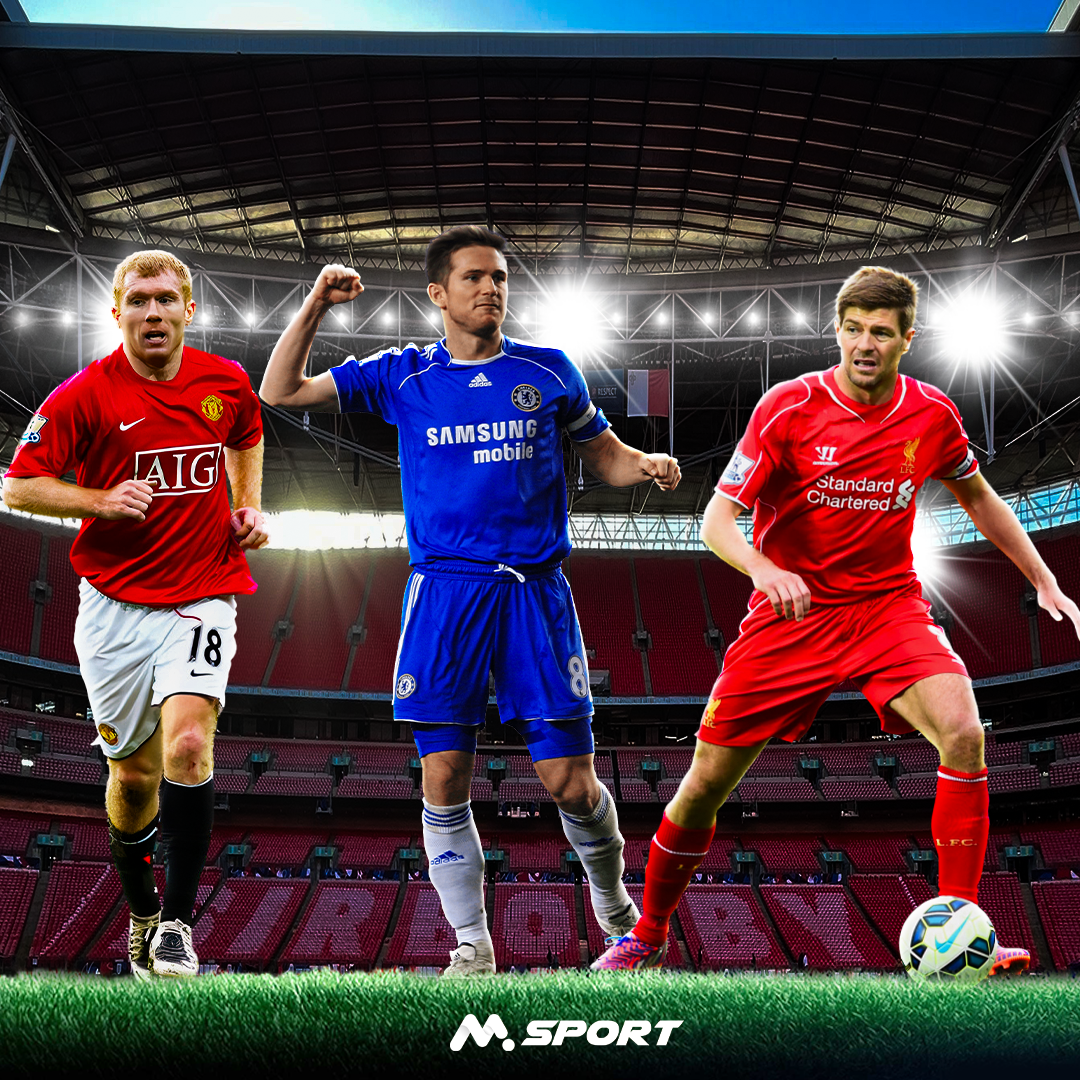
![Top 10 Greatest Midfield Duos of All Time [Ranked]](/images/2021/557928187_1209183571256209_8453968576325914760_n.jpg)

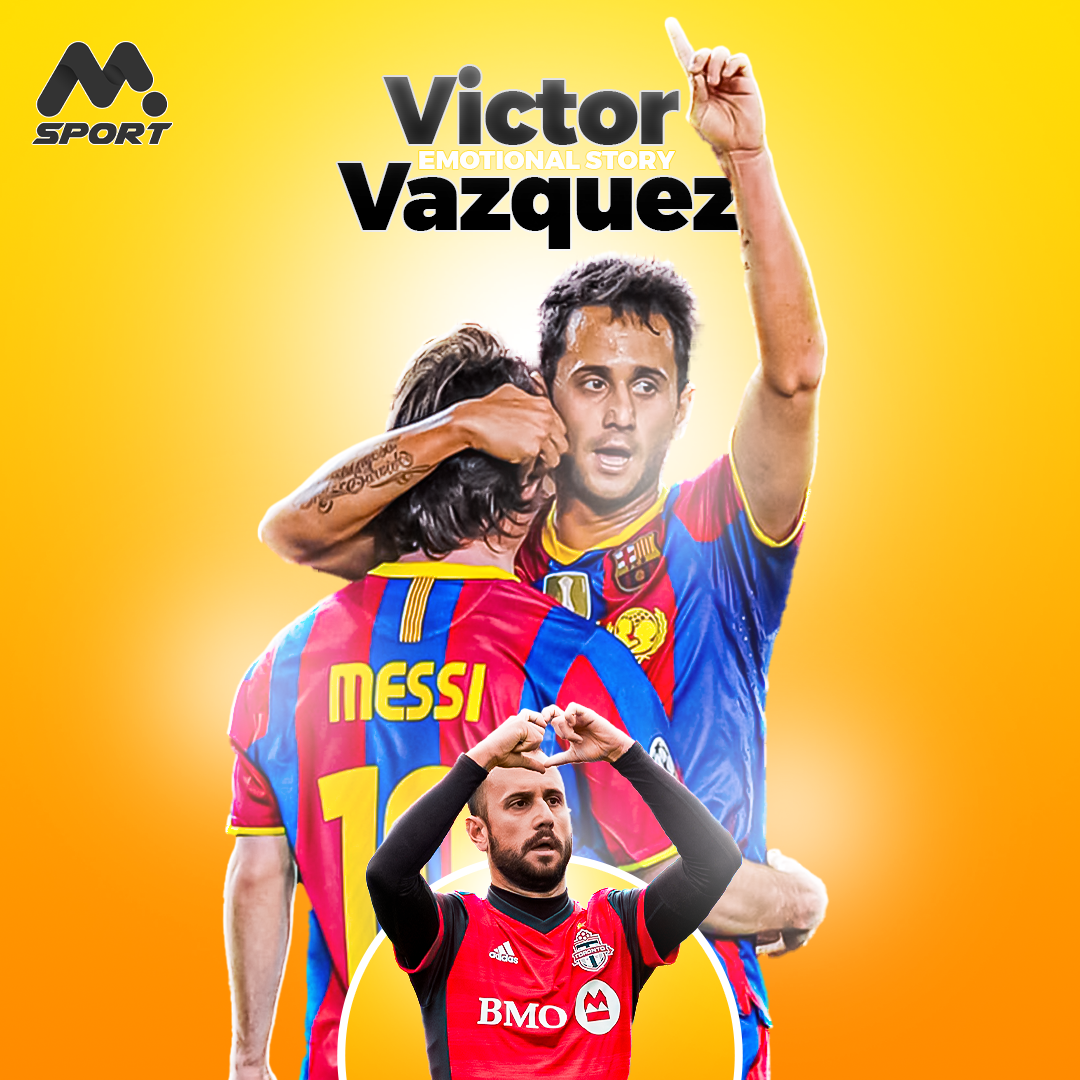

_large.png)